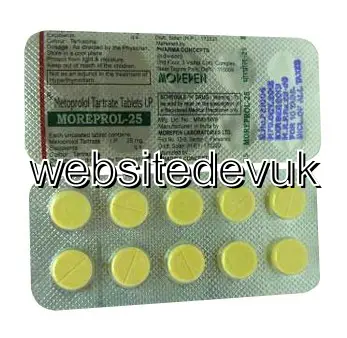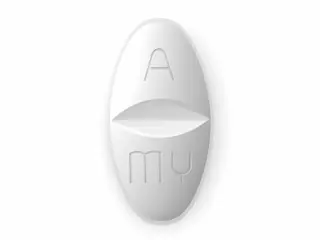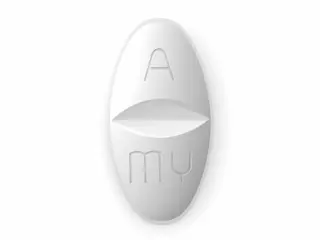| Package | Dosage | Price | Price per Dose | |
|---|---|---|---|---|
| Dosage: 20mg | ||||
| 360 pill | 20mg | £158.25 | £0.44 | |
| 270 pill | 20mg | £130.90 | £0.49 | |
| 180 pill | 20mg | £95.73 | £0.53 | |
| 120 pill | 20mg | £70.33 | £0.59 | |
| 90 pill | 20mg | £57.63 | £0.64 | |
| 60 pill | 20mg | £42.00 | £0.70 | |
| 30 pill | 20mg | £24.41 | £0.81 | |
| Dosage: 40mg | ||||
| 360 pill | 40mg | £193.42 | £0.54 | |
| 270 pill | 40mg | £184.63 | £0.68 | |
| 180 pill | 40mg | £175.84 | £0.98 | |
| 120 pill | 40mg | £130.90 | £1.09 | |
| 90 pill | 40mg | £114.29 | £1.27 | |
| 60 pill | 40mg | £84.98 | £1.42 | |
| 30 pill | 40mg | £49.81 | £1.66 | |

Metoprolol Description
Overview of Metoprolol
Metoprolol is a widely prescribed medication belonging to the class of beta-blockers. It is primarily used for managing various cardiovascular conditions. This medication works by affecting the heart and circulation, helping to reduce the workload on the heart. By blocking specific receptors in the nervous system, Metoprolol decreases heart rate, blood pressure, and the demand for oxygen by the heart muscle.
Indications and Uses
Metoprolol is commonly prescribed for conditions such as hypertension (high blood pressure), angina (chest pain), and to prevent migraines. It is also used after a heart attack to improve survival rates. In some cases, it is part of the treatment plan for certain types of arrhythmias, where it helps to regulate abnormal heart rhythms. The medication's versatility has made it a staple in cardiovascular therapy.
How to Take Metoprolol
Typically, Metoprolol is taken orally in the form of tablets. The dosage varies depending on the condition being treated, the patient's response, and their overall health. It is important to follow the healthcare provider's instructions precisely. For best results, it should be taken consistently at the same time each day, and abrupt discontinuation should be avoided to prevent sudden increases in heart workload.
Possible Side Effects
While Metoprolol is generally well-tolerated, some individuals may experience side effects. Common reactions include fatigue, dizziness, depression, and cold hands or feet. Some may also notice gastrointestinal symptoms such as nausea or diarrhea. In rare cases, allergic reactions, including rash or difficulty breathing, can occur. It is important to report any unusual or severe side effects to a healthcare professional promptly.
Precautions and Interactions
Before starting Metoprolol, it is essential to inform your doctor if you have respiratory conditions like asthma, certain heart blocks, or other chronic health issues. The medication can interact with other drugs, including certain antidepressants, other blood pressure medications, and medications used for respiratory conditions. Combining these without medical guidance can increase the risk of adverse effects. Regular monitoring and communication with your healthcare provider are important during therapy.
Benefits and Effectiveness
Many patients notice significant improvements in blood pressure and cardiac health while on Metoprolol. It helps reduce the strain on the heart and can prevent complications related to high blood pressure and heart diseases. Its ability to control abnormal heart rhythms also contributes to its effectiveness, making it a vital component in many treatment plans. However, individual responses to the medication can vary, and adjustments may be necessary for optimal results.
Conclusion
Metoprolol remains a trusted and effective option for managing various heart-related conditions. Its benefits in lowering blood pressure, reducing chest pain, and preventing heart attacks are well documented. Patients should adhere closely to their healthcare provider's guidance and report any concerns or side effects experienced during treatment. Proper use of Metoprolol can significantly improve quality of life for those with cardiovascular issues.



